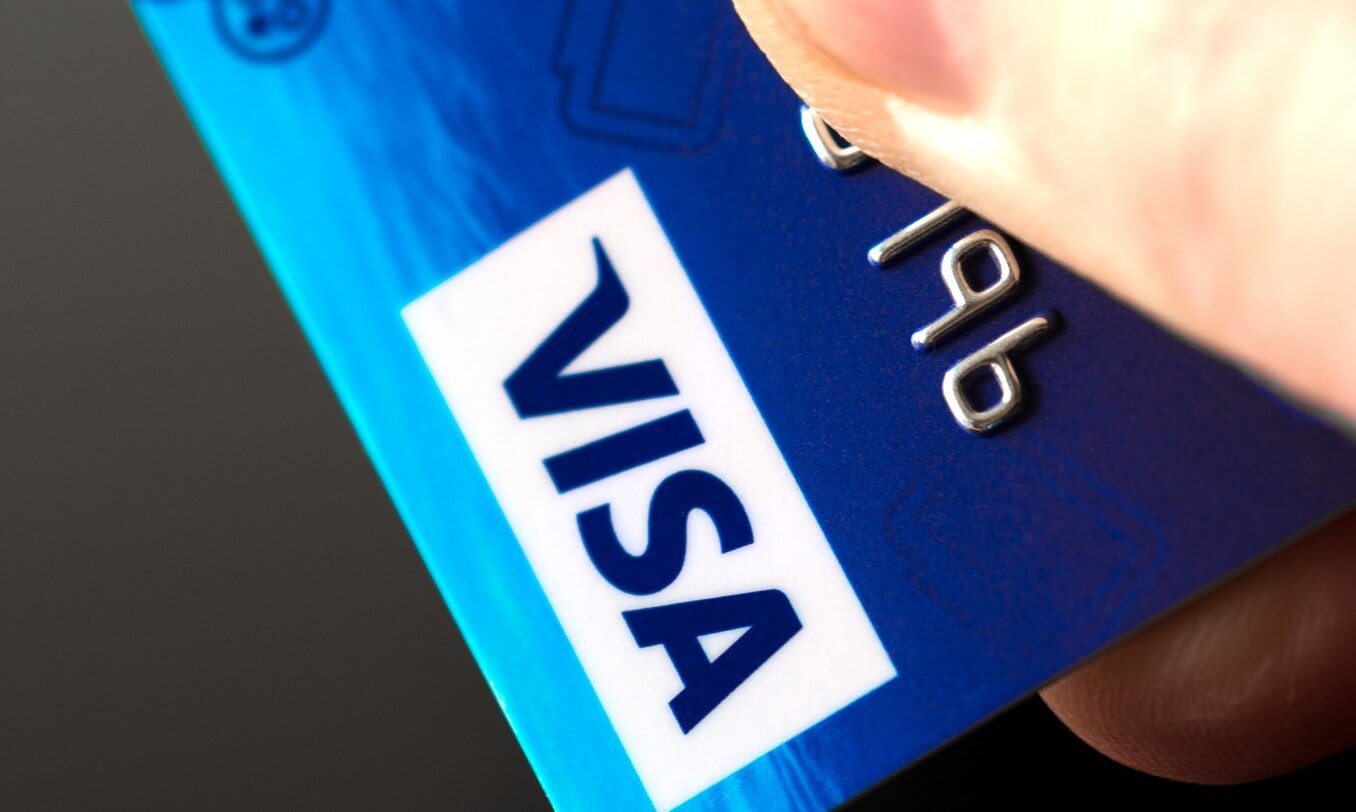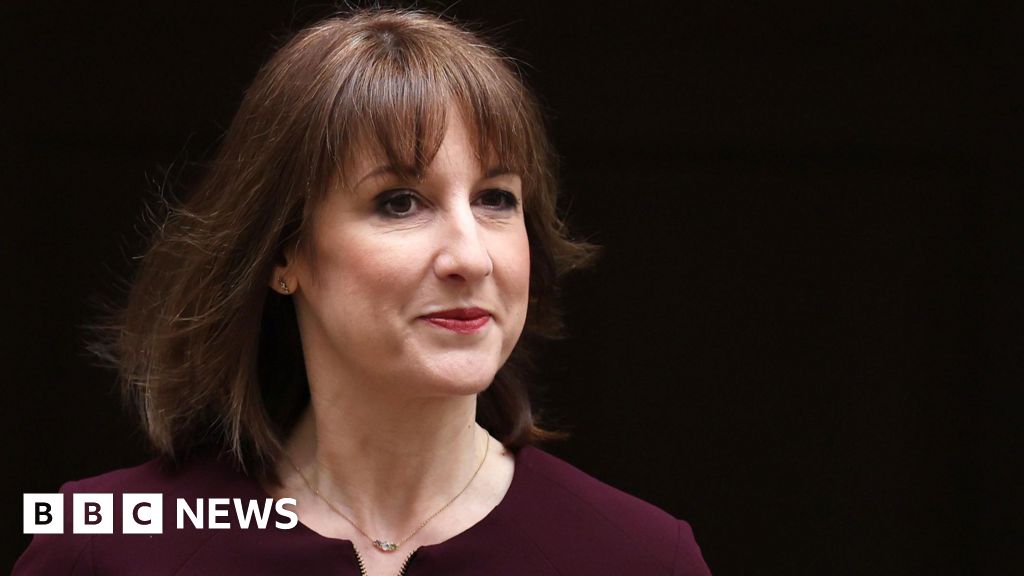UBS is set to record the biggest ever banking profit next quarter after it completes the takeover of Credit Suisse, owing to the rock-bottom price it negotiated to rescue its ailing rival.
Thanks to an accounting gain known as negative goodwill — or badwill — that companies can book from buying undervalued businesses, UBS stands to record up to $57bn in profits on the acquisition, which is due to be completed next month.
UBS agreed to pay $3.25bn for Credit Suisse, which has a book value of $60bn, and has been at pains to underline the execution risk involved in closing the deal.
In first-quarter results released on Tuesday, UBS said its wealth business attracted $28bn of new money in the first three months of the year, as the Swiss bank benefited from the deepening crisis at Credit Suisse that led to its takeover.
UBS said $7bn had flowed into its wealth arm after it agreed to rescue its rival in a deal pulled together by Swiss authorities last month.
UBS’s asset management arm also sucked in $14bn during the quarter, while net new fee-generating assets grew by $8bn in its Swiss business. The snapshot from UBS comes a day after Credit Suisse revealed it suffered $69bn of outflows during the quarter.
“Our solid underlying performance and strong inflows this quarter demonstrate that we continue to be a source of stability for our clients during periods of significant uncertainty,” said UBS chief executive Sergio Ermotti, who returned last month to steer the integration of its rival.
While the inflows point to the benefits of its $3.25bn takeover of Credit Suisse, the deal also brings significant challenges with analysts wary of the costs and time it will take to integrate the bank.
The lender said on Tuesday it expected to complete the acquisition next month and would provide more details about the integration and its plans to wind down much of its rival’s investment bank.
“With this transaction, we expect to reinforce our position as a leading and truly global wealth manager with strategic scale and complementary capabilities in the most attractive growth markets,” added Ermotti.
UBS said it had spent $70mn on advisory fees related to the deal, while Ermotti confirmed the takeover had received clearance from Swiss authorities, the US Federal Reserve and the UK’s Prudential Regulation Authority.
Antitrust regulators are expected to give the green light to the transaction in the coming weeks, he said. UBS would also need to file a registration statement with the US Securities and Exchange Commission before the takeover could be completed in May.
Ermotti said he would spend the next two weeks deciding on the make-up of his executive team to carry out the integration, which could include members of the Credit Suisse management board.
The bank’s acquisition of Credit Suisse dominated UBS’s first quarter, when it made $1bn of net profit, down 52 per cent from the same period a year ago and below analysts’ estimates. The results were hit after UBS increased its provisions by $665mn for litigation related to mortgage-backed securities.
Ermotti said the bank was in advanced discussions with the US Department of Justice over the matter, which dates back 15 years.
Shares in UBS dropped as much as 5 per cent in early trading on Tuesday, but had recovered to trade down just 1 per cent by early afternoon.
Keefe, Bruyette & Woods analyst Thomas Hallett described the results as “lacklustre”, adding: “Overall, the bar was set low into earnings and yet results still managed to disappoint.”
UBS said geopolitical tensions between China and the US, along with the Russia-Ukraine war, had caused uncertainty in asset valuations and the economic outlook, prompting many clients to diversify their cash holdings by investing in money market funds.
The bank repurchased $1.3bn of shares in the quarter, though the buyback programme was temporarily suspended after the announcement of the Credit Suisse deal.
Credit: Source link











